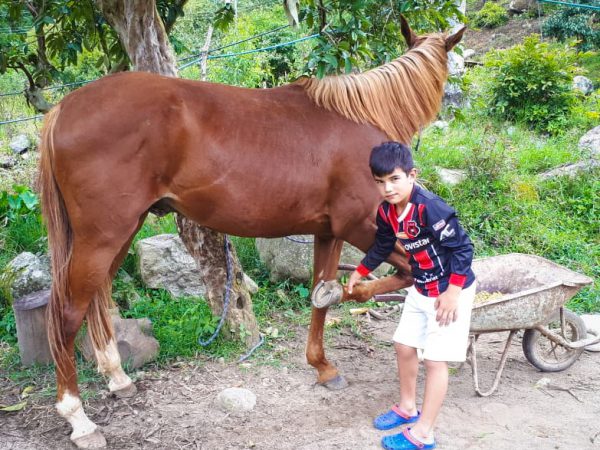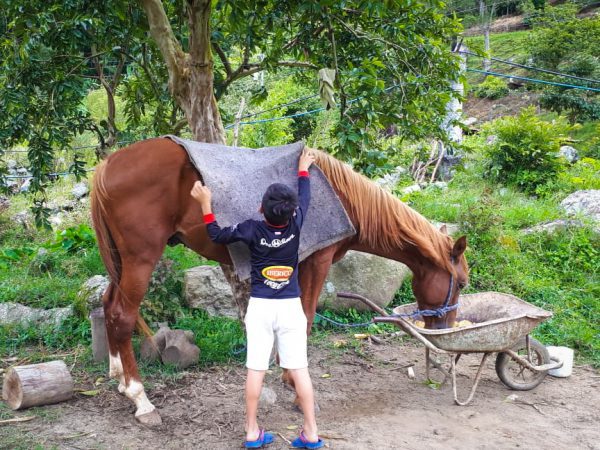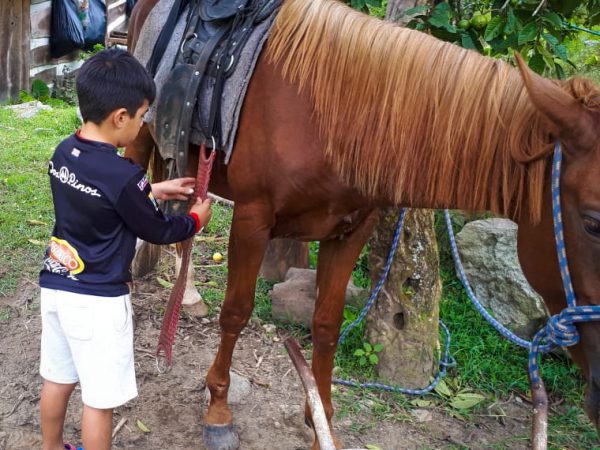You may also be interested in
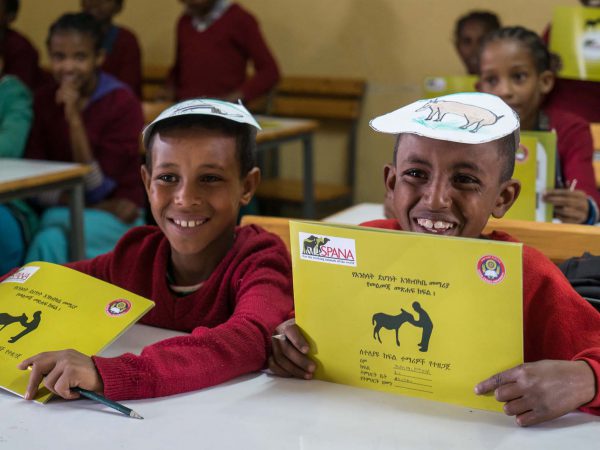
Stopping animal suffering through education
Our education programme is key to stopping working animals suffering from harm.
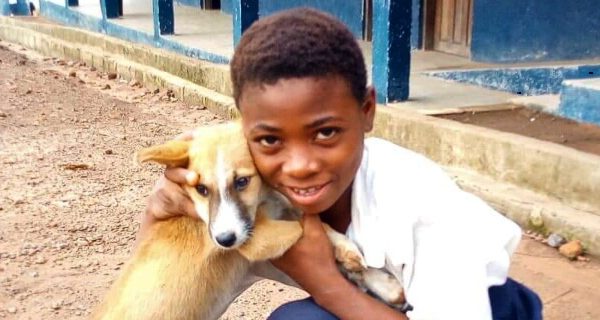
Education update: Kebeh’s compassion towards animals
Read about how SPANA helped Kebeh to learn a new atittude towards casring for animals and how weeks a later she helped a small abandoned...

Stopping animal suffering through education
Our education programme is key to stopping working animals suffering from harm.

Education update: Kebeh’s compassion towards animals
Read about how SPANA helped Kebeh to learn a new atittude towards casring for animals and how weeks a later she helped a small abandoned...

